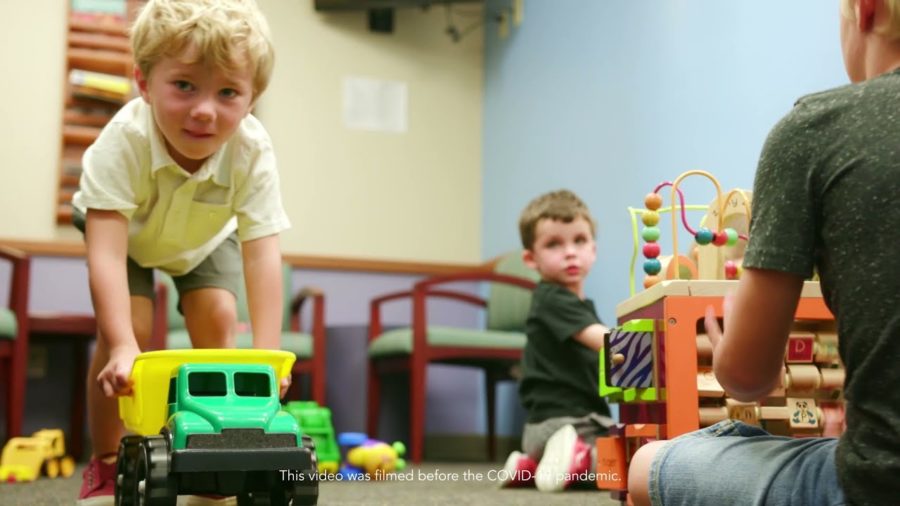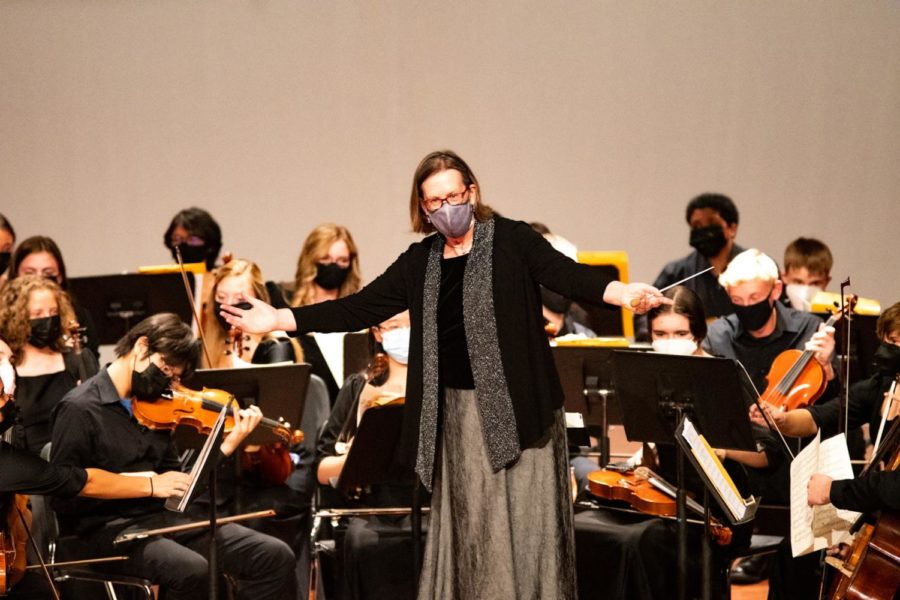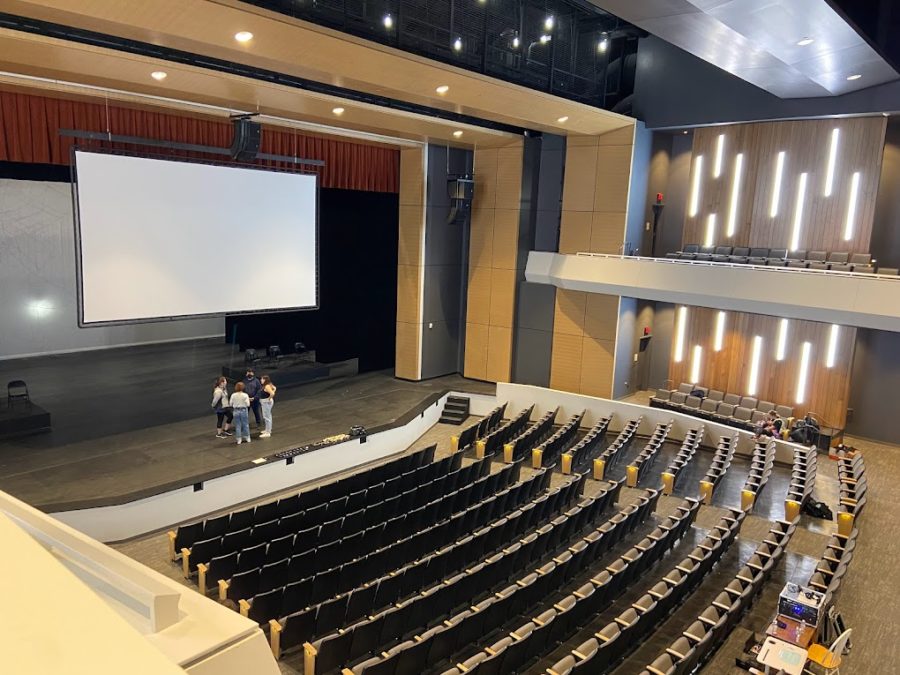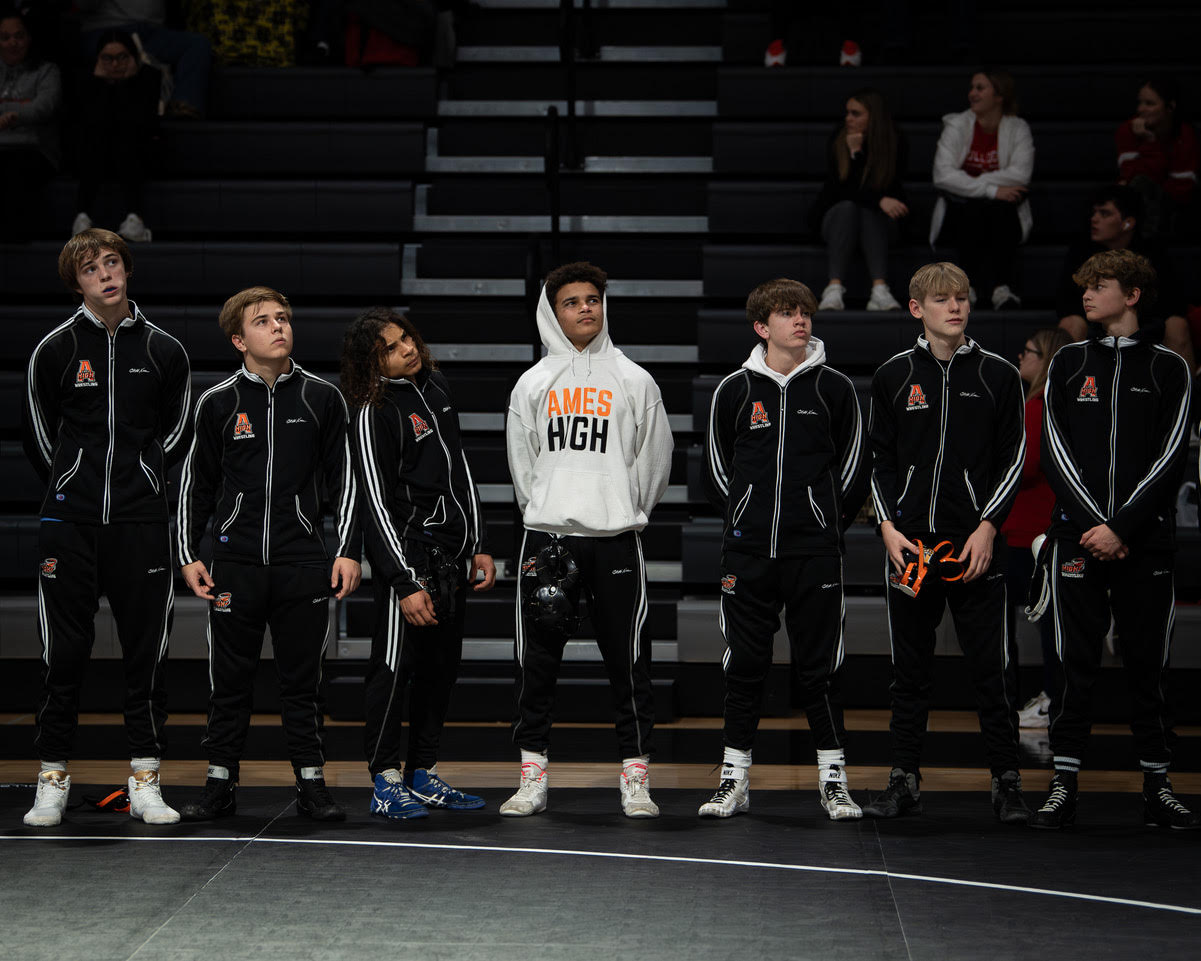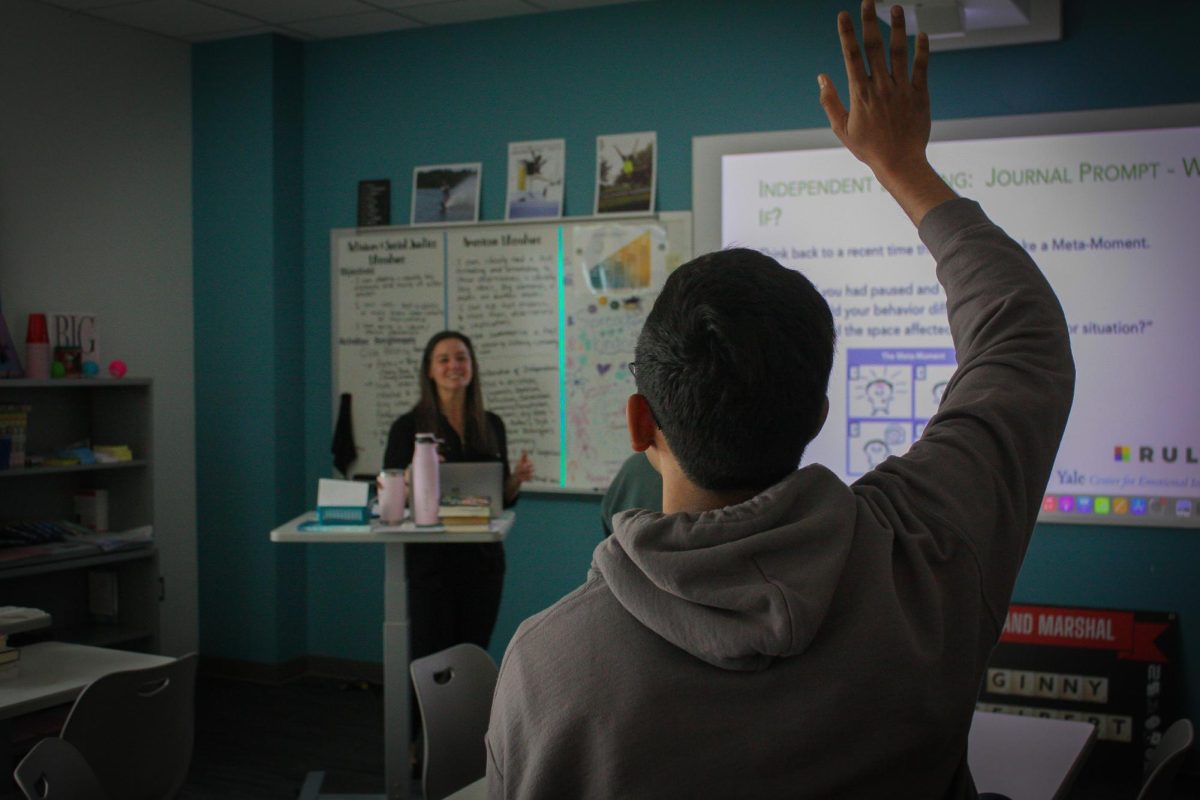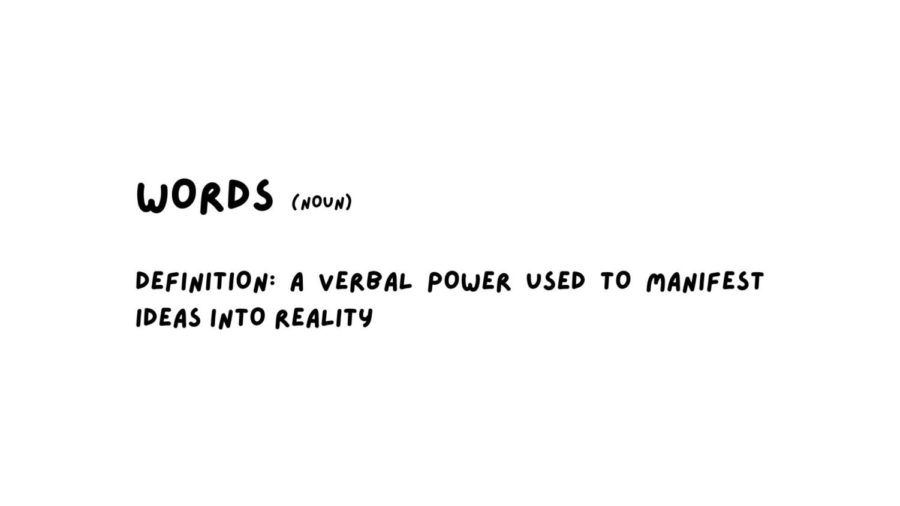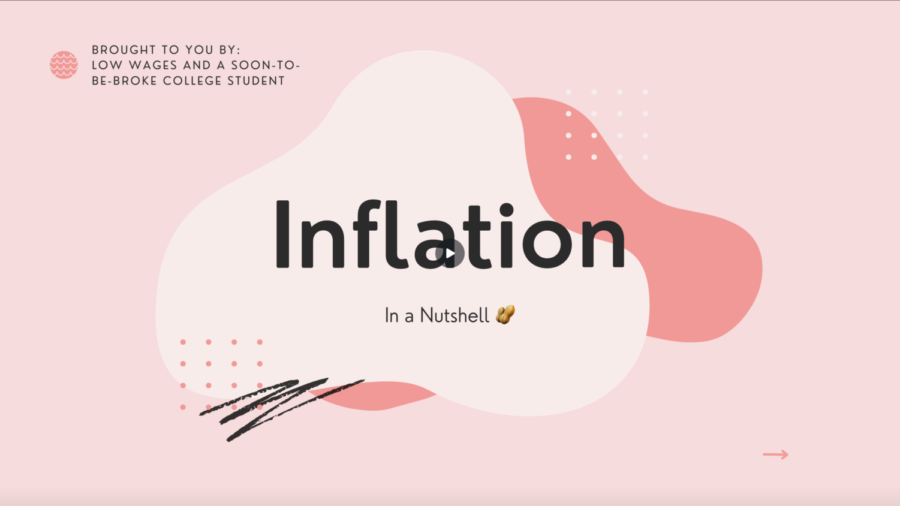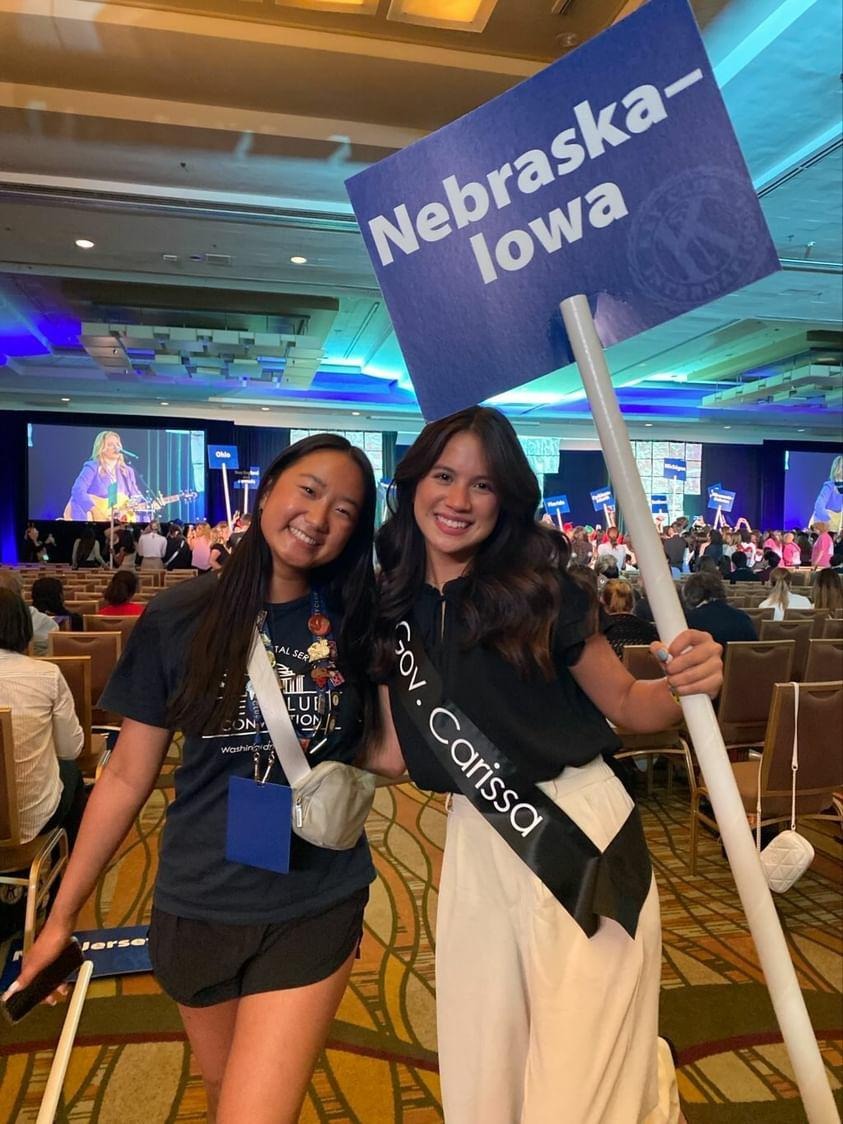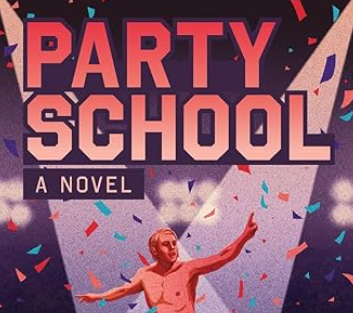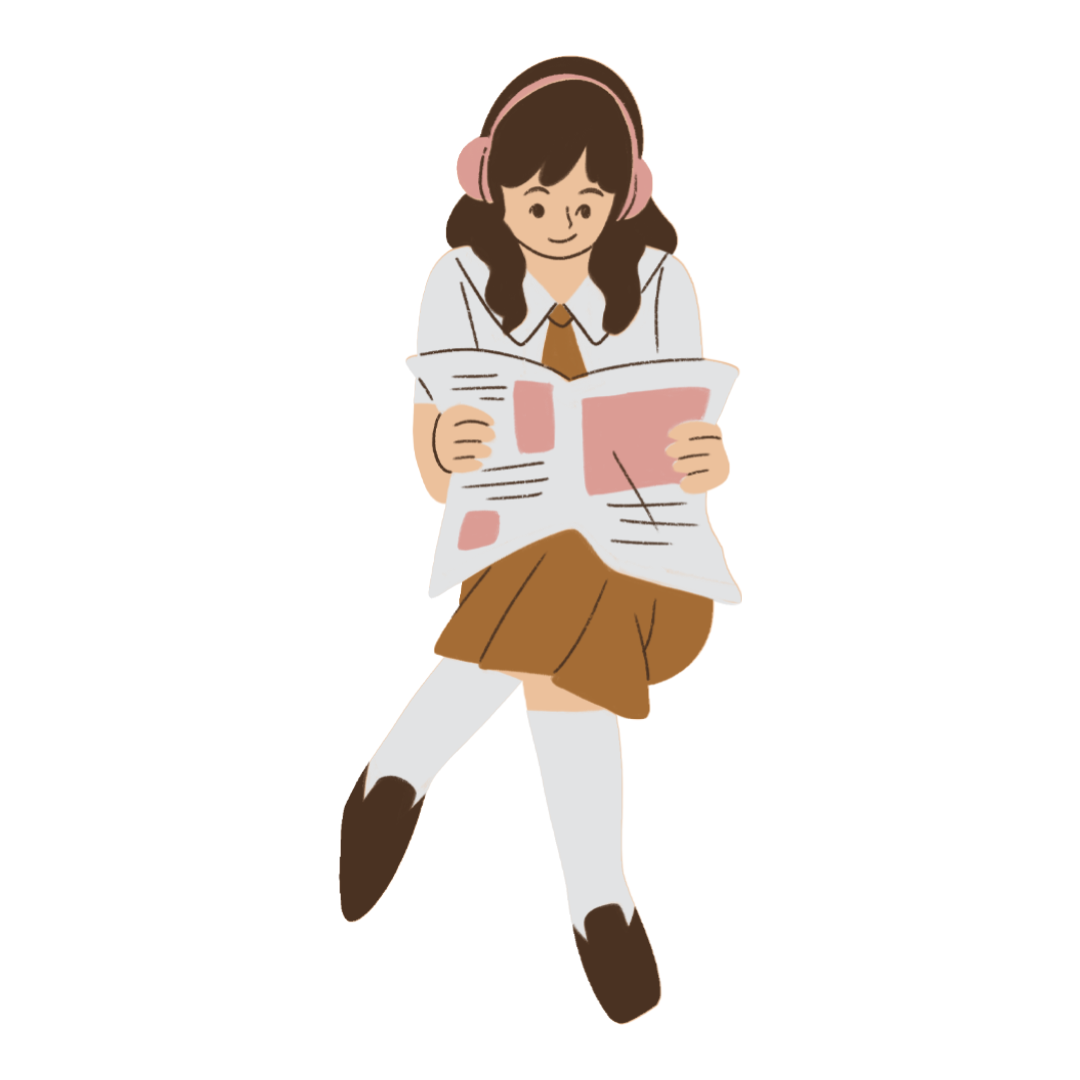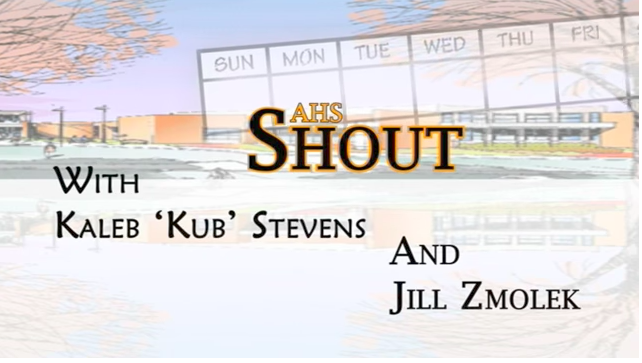âWhen you take something that isnât yours, and that thing has a cost, it is considered stealing,â Chad Jacobsen said, a recording engineer at Iowa State University. It used to be simple. People would listen to music via the radio or at a party, and if they liked what they heard, they would go to a store, and buy said music. These days, services like iTunes and Amazon make buying music easier. However, not everyone likes paying for their music. File sharing is easily one of the the most popular way of getting music or other entertainment in peopleâs hands. It happens so often that it causes the U.S. economy to lose about 12.5 billion dollars in total output, as researched by the Institute for Policy Innovation. Fewer and fewer people are going to music or video stores to get their hands on their favorite show or music. Itâs no surprise that places like Hastings or Hollywood Video closed. Even iTunes, the online store run by Apple, is losing sales to filesharing. Filesharing began when the website Napster was released in 1999. When Napster lost its court case to recording companies, it was shut down. As a result, websites similar to Napster started to spring up. Since 2009, the Center for Copyright Information reported that music sales had dropped by 47% since the release of Napster in 1999, from $14.6 billion to $7.7 billion. The U.S. Bureau of Labor Statistics shows a direct relationship between the decline of music sales and steady decline in the number of working musicians over the past few years. The argument made by the pro file sharing camp is the fact that the owner doesnât actually lose anything. File sharing isnât traditional theft since files are limitless, and arenât tangible. The owner doesnât lose an mp3 file containing Love You Like a Love Song by Selena Gomez. The only difference is that someone else has it now. Jacobsen clarifies that there is a very legal form of filesharing. â There is a very, very legitimate use for torrent and other types of file-sharing to distribute large libraries, demo and open source software, and a myriad of other types of intellectual property,â Jacobsen said. But on the issue of peer to peer file sharing, Jacobsen is against it. âIn an information based economy, our IP (Intellectual Property) is our product,â Jacobsen said. âThe creation of IP is where our economy is heading. I feel that adequate compensation for that work is only fair.â âIf someone illegally downloaded my music, I wouldnât care. Itâs about the music, not the money,â senior Danny Schmidt said. Many file sharing advocators have the firm belief that information is meant to be free. The indie documentary TPB AFK (The Pirate Bay Away From Keyboard) was made to tell the story of the men who created The Pirate Bay, currently the largest file sharing website there is. Naturally, the documentary was available for download on The Pirate Bay.
Illegal Downloads: Things to Consider
Alex Qin
•
February 19, 2013
Story continues below advertisement
Leave a Comment
Donate to The WEB
$0
$450
Contributed
Our Goal
Your donation will support the student journalists of Ames High School, and Iowa needs student journalists. Your contribution will allow us to cover our annual website hosting costs.

